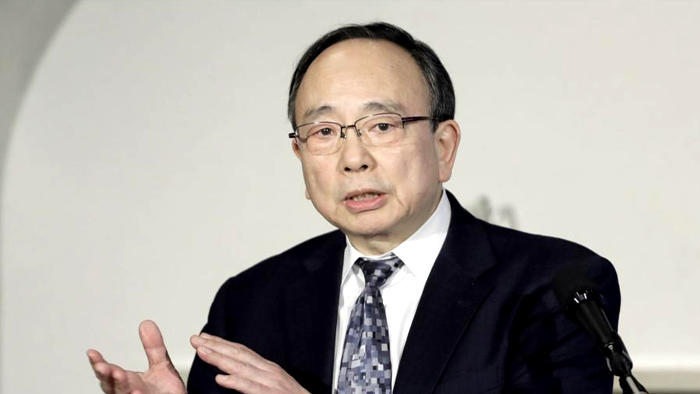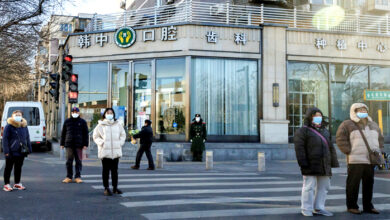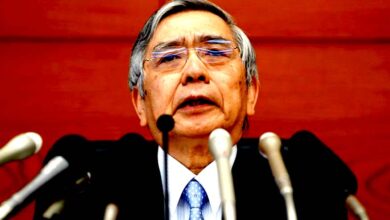Nikkei: The Japanese government has talked to Amamiya about becoming governor of the BOJ.

The Japanese government has talked to Bank of Japan (BOJ) Deputy Governor Masayoshi Amamiya about replacing Haruhiko Kuroda as central bank governor, the Nikkei newspaper reported Monday, citing anonymous government and ruling party sources.
Later on Monday, Prime Minister Fumio Kishida told reporters that he would keep looking for the best person for the job, which seemed to mean that no final decision had been made.
The next governor will have the difficult job of putting an end to the Bank of Japan’s (BOJ) ultra-loose monetary policy, which is getting more and more criticism from the public for changing how markets work.
Related: Japan’s stock market is up at the end of the day; the Nikkei 225 is up 0.20.
Amamiya has worked as a central banker for most of his career. He came up with many of the BOJ’s tools for easing money, so the markets see him as one of the top candidates to become the next governor.
Many analysts see him as a practical policymaker who won’t make sudden changes to a stimulus programme he helped create. Instead, they think he’ll tiptoe toward any exit rather than make big changes.
Stefan Angrick, a senior economist at Moody’s (NYSE:MCO) Analytics, said that appointing Amamiya as governor would mean that policy would stay the same.
“A BOJ led by him would not be in a hurry to tighten,” Angrick said. “The control over the yield curve would be turned down, but rates wouldn’t really go up until wage growth and demand got better.”
The government’s choice will probably be presented to parliament next week. If both houses agree, which is almost certain since the ruling coalition has a strong majority, the choice will go into effect.
The Nikkei report didn’t say if Amamiya had taken up the offer or not. Jiji News Agency says that when reporters asked Amamiya if he had been contacted, he didn’t say anything.
At a news conference, Deputy Chief Cabinet Secretary Yoshihiko Isozaki denied that the government had talked to Amamiya about becoming the head of the BOJ.
Kishida’s choice of a replacement for Kuroda, whose five-year term ends on April 8, is likely to affect how soon the central bank could stop its massive stimulus. Kuroda’s term has been five years long.
The five-year terms of deputy governors Amamiya and Masazumi Wakatabe will also expire on March 19.
After the Nikkei report, the dollar went as high as 132.60 yen for the first time since January 12. After what Kishida and Isozaki said, it lost some of its gains and was last up 0.5% at 131.84 yen.
flexible on policy
The BOJ is changing who is in charge at a time when Kuroda’s radical stimulus plan is being tested by rising inflation and interest rates around the world.
Inflation hit 4% in December, which was double the BOJ’s goal of 2%. This caused bond yields to rise and made it harder for the BOJ to stick to its policy of capping 10-year bond yields at 0.5%.
As a result of the BOJ’s strong intervention in the markets, many investors think that the next person in charge of the bank will start raising interest rates.
The markets think that Hiroshi Nakaso and Hirohide Yamaguchi, both former deputy governors, are more hawkish than Amamiya.
Related: Japanese stocks were up at the close of trading; the Nikkei 225 gained 0.07%.
He was called “Mr. BOJ” because he came up with many of the bank’s unusual ways to spend money. In 2013, he was a key member of the team that came up with Kuroda’s asset-buying programme.
People who know Amamiya well, on the other hand, say that he can change policies quickly and in different ways, such as by reading the political wind.
Amamiya said in July that the BOJ must “always” think about how to get out of ultra-loose monetary policy, even though he has always called for rates to stay very low.





